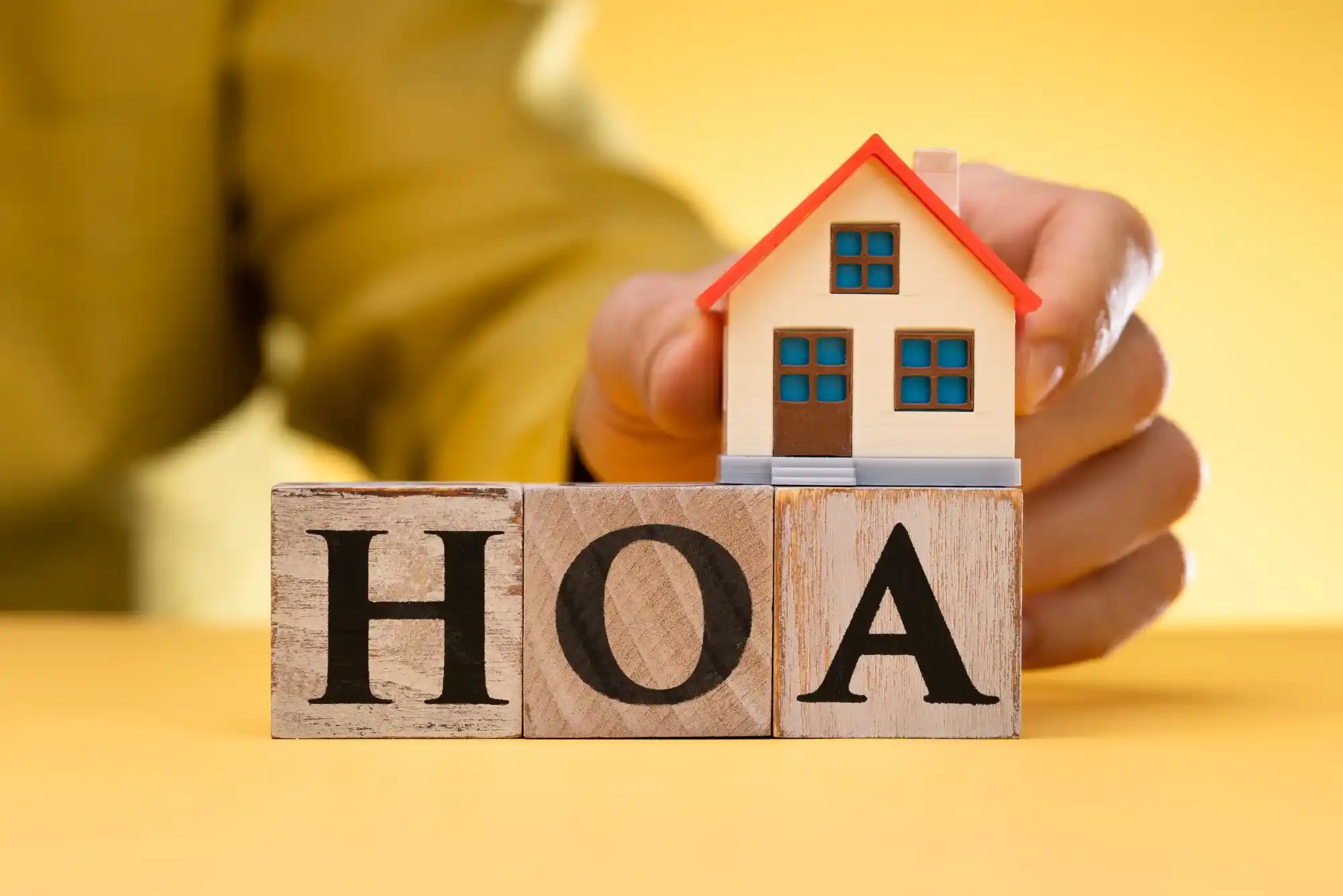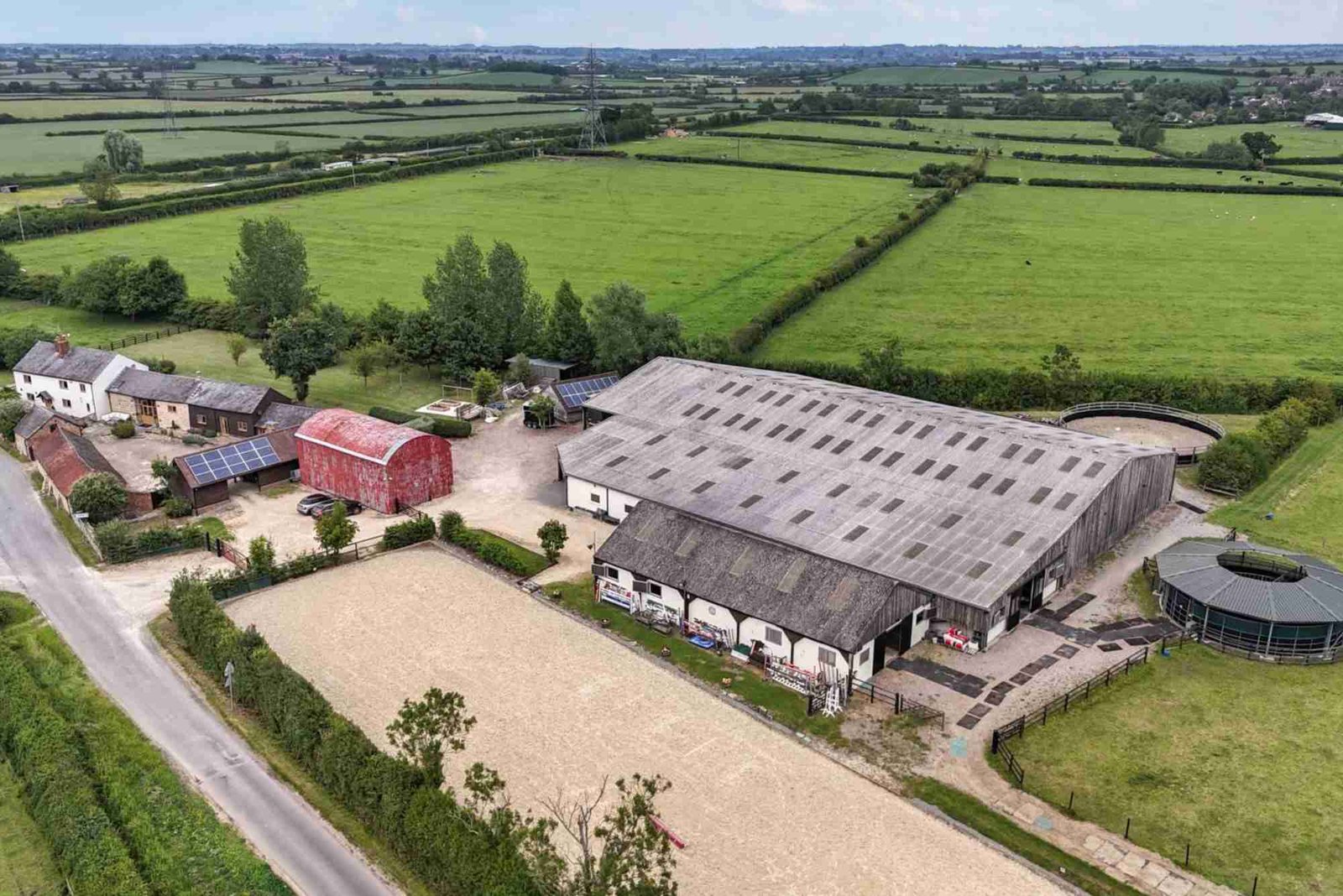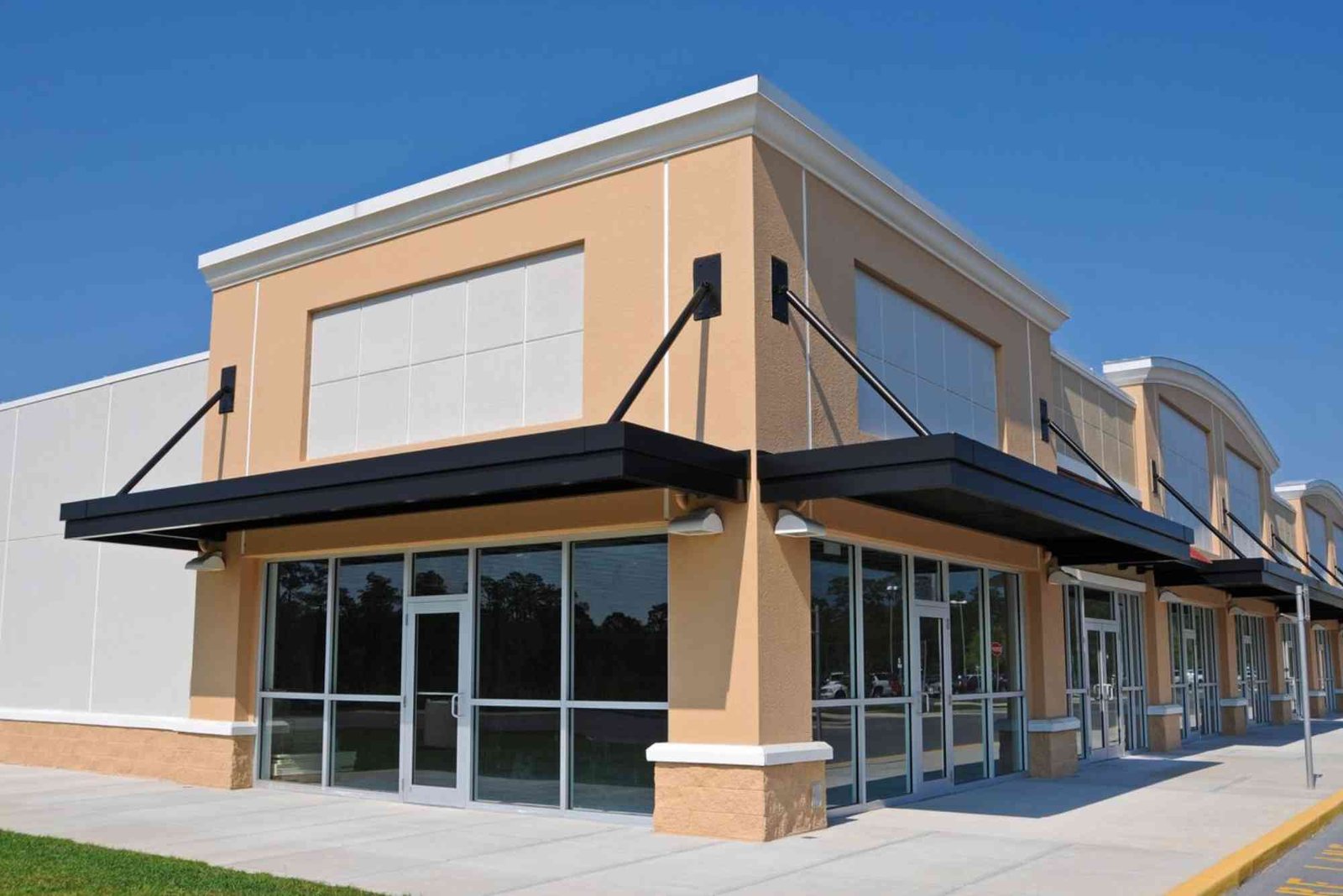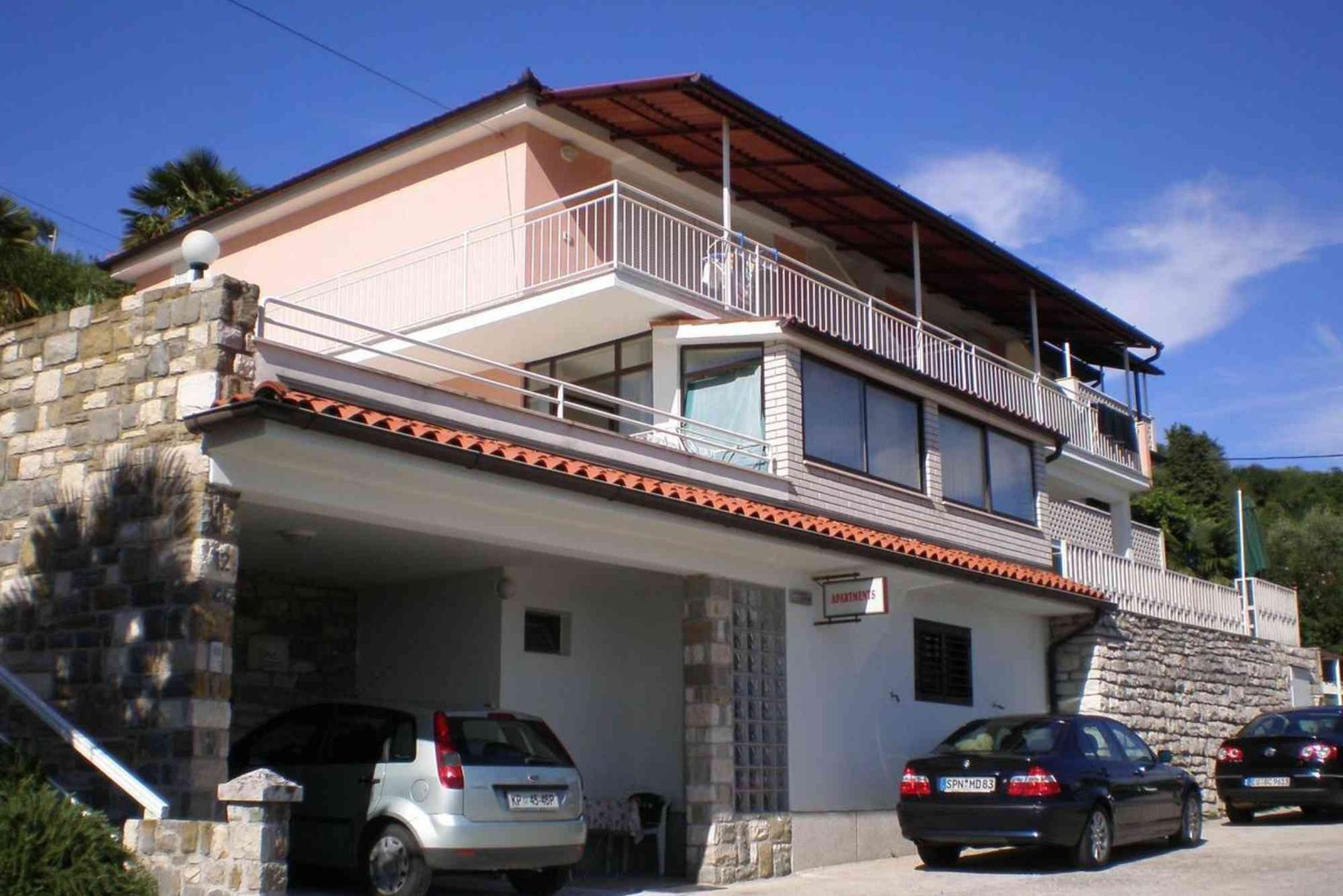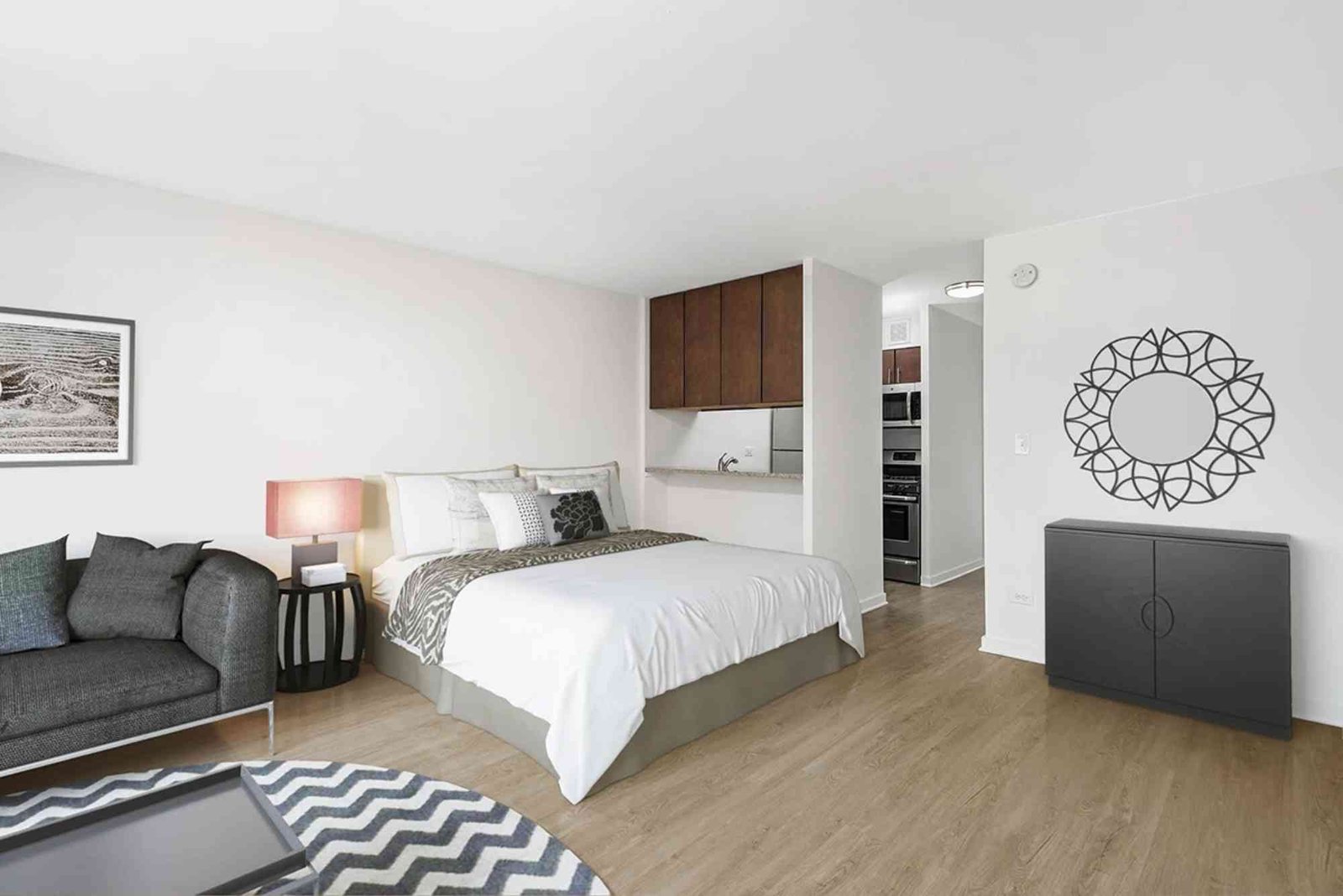A Homeowners Association (HOA) is a governing body that is typically established within a residential community to manage and maintain the common areas of the property. The HOA plays a crucial role in ensuring that the community runs smoothly and that all residents adhere to specific rules and guidelines, often designed to preserve property values, promote a sense of community, and maintain the aesthetic appeal of the neighborhood.
In this article, we’ll explore what a homeowners association is, the benefits of living in an HOA-managed community, the responsibilities of homeowners, and how to navigate the relationship between the HOA and residents. Additionally, we’ll take a look at the broader financial picture by touching upon credit services like the HSBC Select Credit Card and understanding important banking terms such as the ABDIAEAD swift code.
What Does a Homeowners Association (HOA) Do?
A Homeowners Association typically exists in communities with shared amenities, such as gated neighborhoods, condominium complexes, or townhouses. HOAs are tasked with several key functions to maintain order and ensure a high quality of life for residents.
Rules and Regulations
HOAs create and enforce rules, known as Covenants, Conditions, and Restrictions (CC&Rs), which homeowners must follow. These rules cover everything from the appearance of homes (such as paint colors or fence heights) to acceptable behaviors (such as noise levels and pet restrictions).Maintenance of Common Areas
One of the main responsibilities of the HOA is maintaining shared spaces like parks, swimming pools, landscaping, and community centers. This maintenance is essential in ensuring that the common areas remain functional, attractive, and safe for everyone.Fees and Budgeting
Homeowners within an HOA community typically pay monthly or annual fees, which are used to fund the HOA’s operations. These fees cover the costs of upkeep for common areas, insurance, and sometimes utilities. Managing this budget is a significant responsibility for the HOA board.Conflict Resolution
If disputes arise between residents (for example, noise complaints or issues regarding property appearance), the HOA is often tasked with mediating and resolving these conflicts to ensure a peaceful living environment for all members of the community.
How Does an HOA Benefit Homeowners?
Living in an HOA community offers a range of benefits, particularly for those who value structure, shared responsibility, and a well-maintained environment. Here are some of the key advantages:
Maintained Property Values
One of the primary reasons many people choose to live in HOA-managed communities is the assurance that their property values will be preserved. By enforcing strict guidelines on property upkeep and aesthetics, the HOA helps prevent homes from deteriorating and ensures the neighborhood remains visually appealing. This can be especially beneficial if you’re considering selling your home in the future.Shared Amenities
Many HOA communities offer a variety of shared amenities, such as fitness centers, tennis courts, and playgrounds. These facilities are often more affordable and convenient than joining a private gym or club. Additionally, residents benefit from the community spirit fostered by shared recreational spaces.Safety and Security
HOAs can play a role in improving the safety and security of a neighborhood. Some communities employ security guards or install surveillance cameras at entrances and public spaces. Gated communities may also limit access to outsiders, providing additional peace of mind to residents.Conflict Resolution
An HOA provides a formal avenue for resolving disputes between neighbors. Whether it’s about noise, property lines, or maintenance issues, the HOA can intervene to mediate and enforce the rules.
What Are the Responsibilities of HOA Homeowners?
While the HOA has many duties, homeowners also have specific responsibilities that they must fulfill to ensure the smooth operation of the community.
Paying HOA Fees
Homeowners are required to pay regular fees to fund the operations of the HOA. These fees are often used for maintaining common areas, paying for insurance, and covering other essential services. Non-payment of HOA fees can result in fines or even legal action.Adhering to Rules and Regulations
Homeowners must follow the HOA’s rules, which may govern the exterior appearance of homes, landscaping, and the conduct of residents. These rules are in place to ensure consistency and protect the overall aesthetics of the community.Participating in HOA Meetings
Many HOA communities hold regular meetings where homeowners can voice concerns, vote on important issues, and stay informed about the community’s governance. Active participation in these meetings helps strengthen the sense of community.Maintaining Property
While the HOA is responsible for maintaining common areas, homeowners must ensure that their properties are well-kept. This includes mowing lawns, maintaining fences, and following any guidelines outlined in the CC&Rs.
Potential Downsides of an HOA
While there are many benefits to living in an HOA community, there are also some drawbacks that homeowners should be aware of:
Restrictive Rules
The rules and regulations set by the HOA can sometimes feel limiting. Homeowners may not be able to make changes to their homes without approval from the HOA, and violations of the CC&Rs can lead to fines or other penalties.Fees
HOA fees can be quite substantial, depending on the amenities and services provided. These fees are often required regardless of how much the homeowner uses the shared amenities.Disputes and Enforcement
Disagreements with the HOA are not uncommon, and enforcement of the rules can sometimes feel excessive. Homeowners may feel frustrated if they receive fines or complaints over what they believe to be minor infractions.
How Does the Financial Landscape Relate to HOAs?
When dealing with an HOA, it’s essential to consider how the financial aspects of living in such a community may impact your budget. Homeowners may rely on various financial products, including credit cards, to help manage their monthly expenses. One such card is the HSBC Select Credit Card, which can offer rewards, cashback, and benefits that can help you offset costs associated with HOA fees and other monthly expenses. You can find more information about the HSBC Select Credit Card and its advantages here.
Additionally, understanding banking terms like the ABDIAEAD swift code is essential when making international payments for your HOA fees or if you’re involved in property transactions abroad. The ABDIAEAD swift code is particularly important for those transferring funds to specific banks in the UAE. For more details about the ABDI AEAD swift code.
Conclusion
In summary, a Homeowners Association (HOA) is a governing body that plays a significant role in maintaining the quality of life in residential communities. While the HOA provides numerous benefits, such as maintaining property values, providing shared amenities, and offering security, homeowners also have responsibilities, including adhering to rules and paying fees. Understanding the financial landscape, including credit options like the HSBC Select Credit Card and the importance of banking terms like the ABDI AEAD SWIFT code, can help homeowners better navigate their financial commitments within an HOA-managed community.

